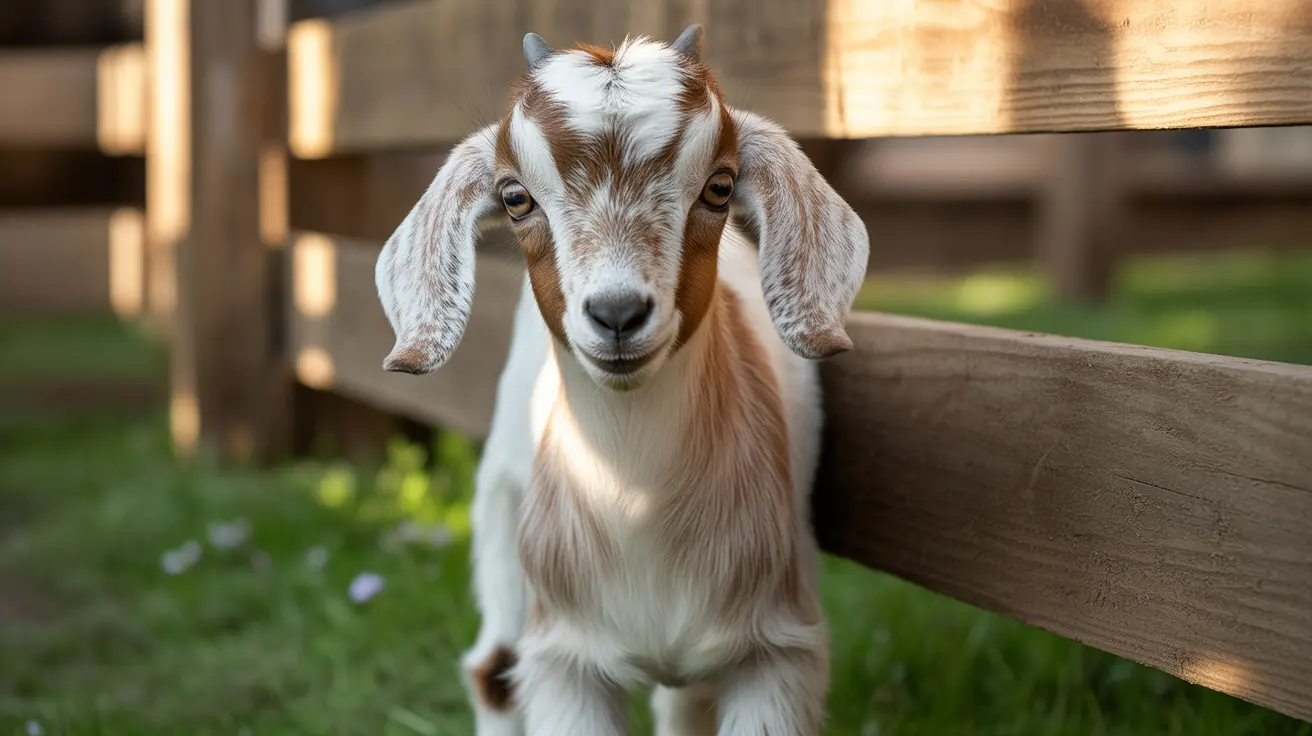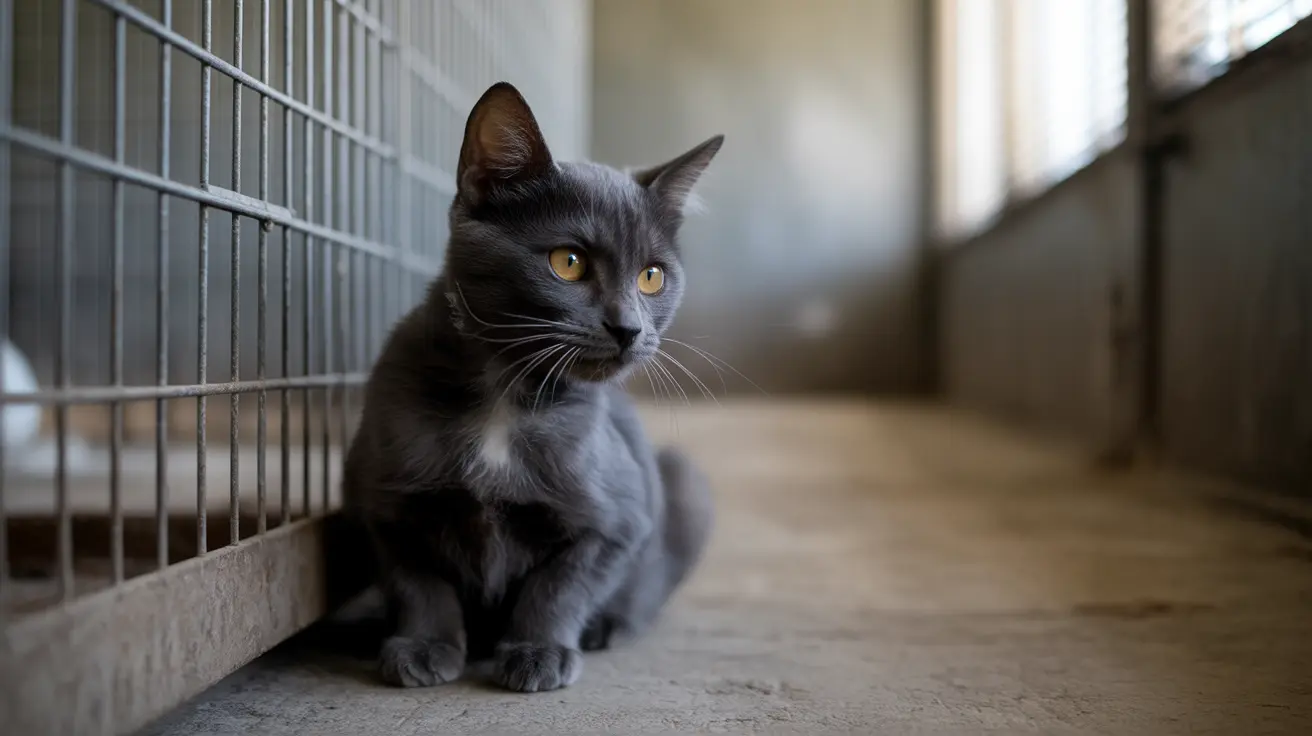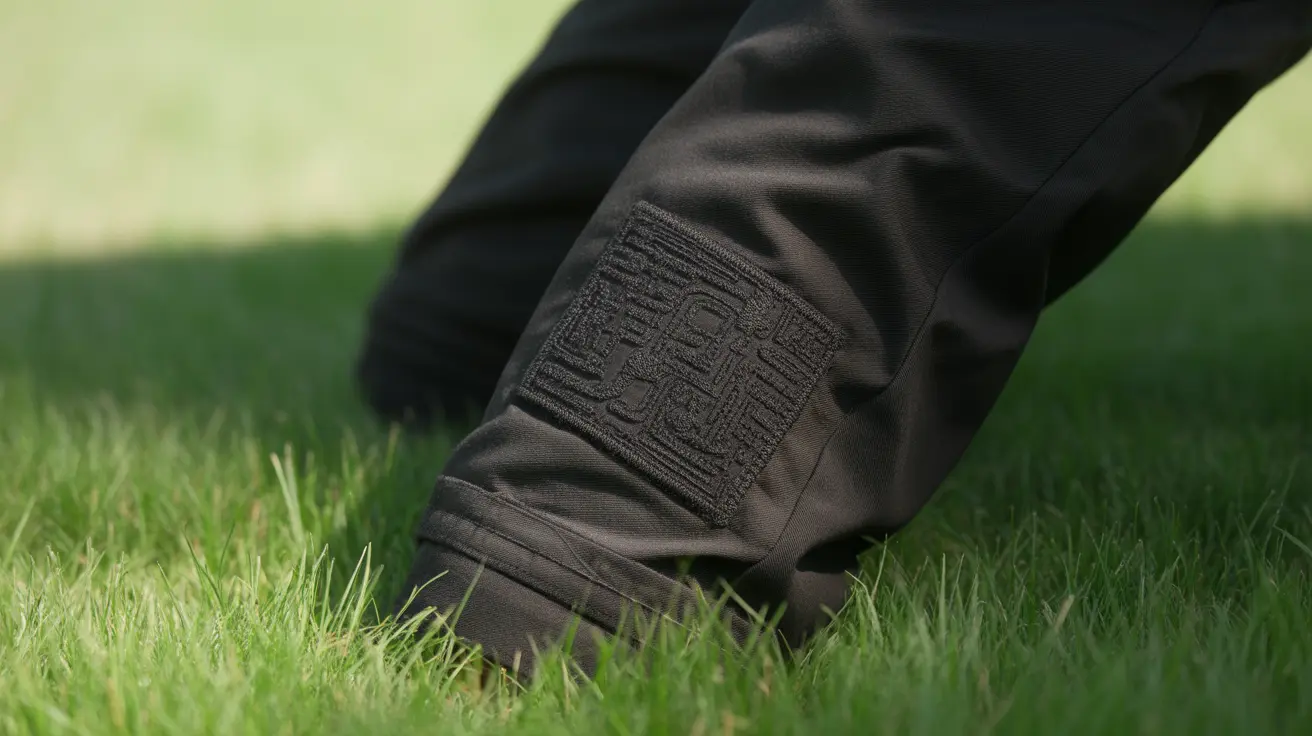Can Dogs Eat Vanilla Cake? What Every Dog Owner Should Know
When you're celebrating a birthday or special occasion, it can be tempting to share a bite of vanilla cake with your furry friend. But before you hand over that sweet treat, it's important to understand the risks and considerations involved in feeding dogs human desserts like vanilla cake.
Is Vanilla Cake Safe for Dogs?
A very small amount of plain vanilla or simple sponge cake is generally safe for most dogs if given rarely. However, regular or large servings are not advised. Cakes made for people often contain ingredients that are unhealthy or even dangerous for dogs. High sugar and fat content can cause digestive upset—vomiting, diarrhea—and contribute to long-term health problems.
Ingredients in Vanilla Cake: Hidden Dangers
- Sugar and Fat: Most cakes are loaded with sugar and fat, which can upset your dog's stomach and lead to obesity, dental disease, diabetes, and even pancreatitis over time.
- Toxic Additives: Some cakes may contain chocolate (toxic), xylitol or other sugar substitutes (can cause rapid drops in blood sugar and liver failure), certain nuts like macadamia (cause weakness and tremors), raisins/grapes (cause kidney failure), nutmeg, or alcohol-based extracts.
- Dairy & Eggs: While eggs are usually tolerated by most dogs, some have allergies. Many dogs are lactose intolerant, so rich frostings or dairy-heavy cakes can cause stomach issues.
If a cake contains any of these dangerous ingredients—even in small amounts—it should never be offered to a dog. Xylitol and chocolate are especially hazardous; ingestion is an emergency requiring immediate veterinary attention.
Vanilla Flavor: Is It Safe?
The vanilla flavor itself is not toxic when used in baked goods because the alcohol in vanilla extract typically evaporates during baking. However, pure vanilla extract or essence should never be given directly to dogs because of its high alcohol content. Vanilla pods aren't harmful if consumed accidentally in tiny amounts but offer no nutritional benefit.
The Risks of Feeding Cake to Dogs
- Digestive Upset: Vomiting, diarrhea, or lethargy may follow even a small serving of cake due to the richness and sugar content.
- Obesity: Repeated treats like cake add empty calories that increase the risk for arthritis, heart disease, breathing trouble, and lower quality of life.
- Poor Habits: Sharing table food encourages begging and bad manners at mealtime.
Cakes simply don't fit into a healthy canine diet. Dogs thrive on meals based mainly on meat and bones—not sugary pastries meant for humans.
If Your Dog Eats Vanilla Cake Accidentally
- Check Ingredients: Determine what type of cake was eaten and whether it contained any toxic components (chocolate, xylitol, grapes/raisins, macadamia nuts).
- Monitor Symptoms: For non-toxic cakes, watch for vomiting, diarrhea, or unusual behavior. Withhold food for 12-24 hours while providing water; avoid strenuous activity.
- Seek Help If Needed: If your dog shows repeated vomiting, weakness, collapse, pale gums, abdominal pain—or if any toxic ingredient was ingested—contact your veterinarian immediately.
The Best Treats for Dogs
If you want to celebrate with your dog safely:
- Bake or buy cakes made specifically for dogs using dog-friendly ingredients like oat flour, pumpkin or banana, eggs—with minimal added sugars or sweeteners.
- Treat your pup with plain cooked lean meats or safe vegetables such as carrots or sweet potatoes.
- Avoid giving any human desserts; keep them out of reach to prevent accidents.
Bakeries now offer dognut cakes, "pupcakes," and other canine confections designed just for pets. Always check the ingredient list before offering anything new.
The Bottom Line: Should You Give Your Dog Vanilla Cake?
A tiny bite of plain vanilla cake probably won't harm most dogs—but it's best avoided due to the risks associated with sugar, fat, dairy products, and possible toxic additives. Instead of sharing your dessert plate with your pet (which can encourage begging), stick with treats designed for canine health. Responsible treat choices help ensure your dog stays happy—and healthy—for years to come!





